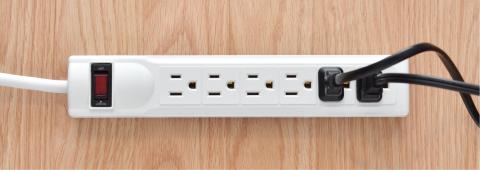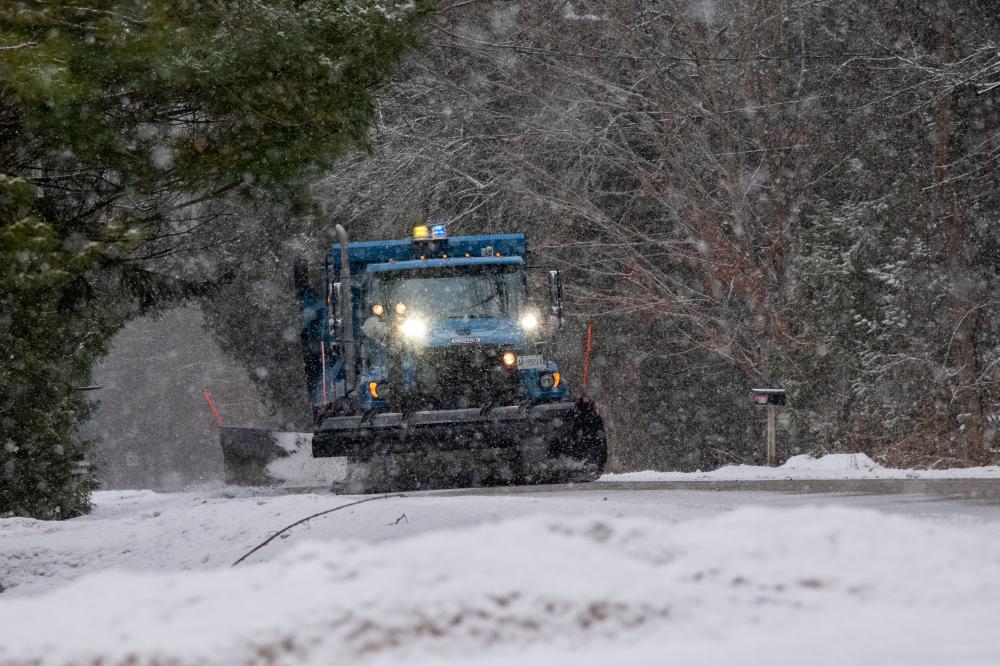
Flipping a light switch, plugging in a coffeemaker and charging a laptop computer are all second nature for most people. Electricity makes our lives easier. However, we need to be cautious and keep safety in mind. Electrical fires are one of the top three causes of fires in Georgina.
Safety Tips
You need to be careful and keep these essential safety tips in mind.
- Have all electrical work done by a qualified electrician.
- When you are buying or remodelling a home, have it inspected by a qualified private inspector or in accordance with local requirements.
- Only use one heat-producing appliance (such as a coffee maker, toaster, space heater, etc.) plugged into a receptacle outlet at a time.
- Major appliances should be plugged directly into a wall receptacle outlet, extension cords and plug strips should not be used.
- Use ground-fault circuit interrupters (GFCIs) to reduce the risk of shock. GFCIs shut off an electrical circuit when it becomes a shock hazard. They should be installed inside the home in bathrooms, kitchens, garages and basements. In addition, all outdoor receptacles should be GFCI protected.
- Check electrical cords to make sure they are not running across doorways or under carpets. Extension cords are intended for temporary use. Have a qualified electrician add more receptacle outlets, so you don’t have to use extension cords.
- Use a light bulb with the correct number of watts. There should be a sticker that indicates the correct number of watts.
- Ensure that any overhead lines maintain the proper distance over a pool and other structures, such as a diving board. If you have any doubts, contact a qualified electrician or your local utility company to make sure power lines are a safe distance away.
- If you are putting in a new pool, hot tub, or spa, be sure the wiring is performed by an electrician experienced in the special safety requirements for these types of installations.
- Electrical appliances, equipment and cords should be kept at least six feet away from the water. When possible, use battery-operated instead of cord-connected appliances and equipment, such as televisions, radios, and stereos.
- Replace or repair damaged or loose electrical cords.
- Avoid overloading outlets. Plug only one high-wattage appliance into each receptacle outlet at a time.
- Maintain a three metre ‘no storage’ area around electrical panels.
It is also important to call a qualified electrician or landlord if you have any of the following.
- Frequent problems with blowing fuses or tripping circuit breakers
- A tingling feeling when you touch an electrical appliance
- Discoloured or warm wall outlets
- A burning or rubbery smell coming from an appliance
- Flickering or dimming lights
- Sparks from an outlet
